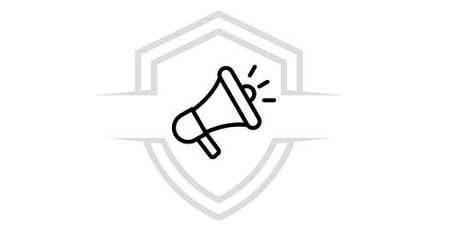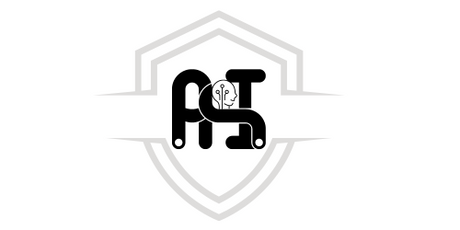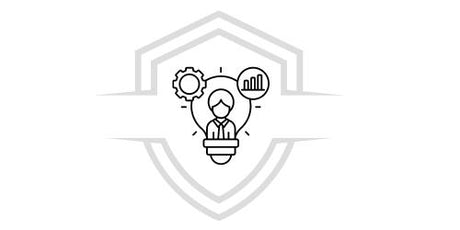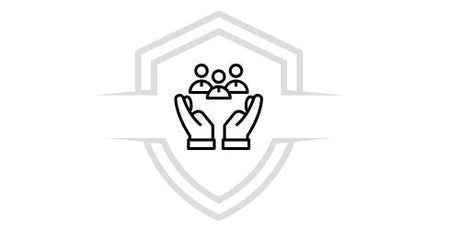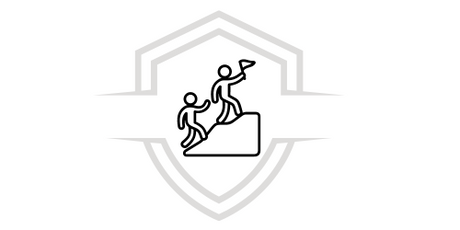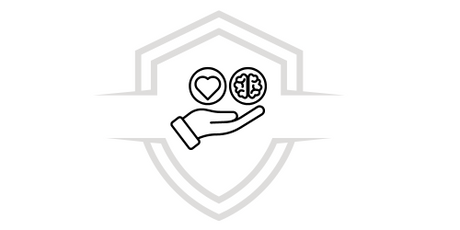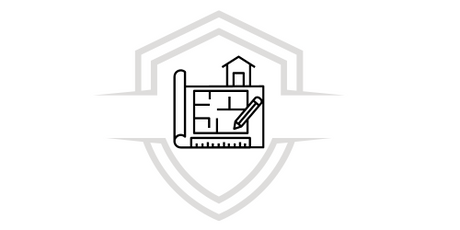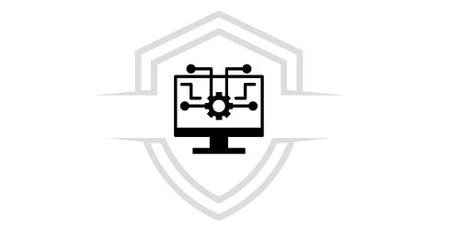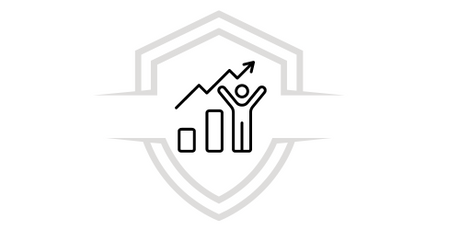In recent years, the integration of Artificial Intelligence into Human Resources (HR) processes has dramatically changed the way organizations manage their human capital. In 2023, this trend continues to evolve and improve, creating unprecedented opportunities to streamline operations, improve efficiency, and increase productivity. Let’s look at some of the most prominent trends in AI in HR for 2023.
AI-assisted recruitment
AI-assisted recruiting tools have transformed the way companies source and select candidates. AI-based applicant tracking systems can automatically sift through large volumes of CVs, highlighting the most qualified candidates based on pre-set criteria. Additionally, AI can help reduce bias in the recruitment process, providing objective, data-driven insight, and enabling companies to build more diverse and inclusive teams.
HR Chatbots and Virtual Assistants
AI-powered HR chatbots and virtual assistants have become an essential resource for workforce management. These tools can answer employee questions in real-time, facilitate the tracking of time-off requests, and provide assistance with a variety of administrative issues. Additionally, by freeing up HR staff from routine tasks, chatbots allow teams to focus on more strategic tasks.
Data analysis and AI-based predictions
One of the most exciting trends in AI in HR in 2023 is the increasing use of data analytics and prediction tools. These technologies can analyze work patterns, measure employee satisfaction and engagement, and foresee problems before they become serious issues. AI-based data analytics tools can identify issues like burnout or low morale before they become crises, allowing companies to proactively intervene.
Automation of training and development
Artificial Intelligence is also revolutionizing employee training and development. Automated learning platforms can adapt to individual learning needs and preferences, offering each employee a personalized training plan. Furthermore, AI can help identify skills gaps in the organization, allowing companies to target their training efforts more effectively.
AI Ethics in HR
As AI becomes more deeply embedded in HR, ethical and privacy concerns become increasingly important. Companies must ensure that their AI tools are transparent, fair, and respectful of employee privacy. In 2023, we expect to see a greater focus on developing ethical standards and regulations for AI in HR, and companies that prioritize these considerations will be better positioned to earn employee trust and engagement.
AI and employee wellbeing
An emerging trend in 2023 is the application of AI to improve employee wellbeing. AI applications can monitor signs of stress or burnout, provide recommendations to improve mental and physical health, and help employees balance their work and personal responsibilities. These tools can be valuable in creating a healthier and more productive work environment.
AI in performance analysis
AI is also changing the way companies evaluate employee performance. Instead of relying solely on annual appraisals, AI-based performance analytics tools can provide continuous, real-time insight into employee performance. This enables managers and HR teams to provide more timely and personalized feedback, and helps employees understand and improve their performance more effectively.
AI and HR integration
Finally, in 2023, we are seeing increased integration of AI into all aspects of HR. From recruiting to training, performance appraisal, and employee wellness management, AI is helping businesses manage their human capital more efficiently and effectively. As AI technologies continue to evolve, we are likely to see even more innovations and applications in the future.
In conclusion, AI is reshaping the HR landscape, offering exciting opportunities to improve efficiency, productivity and employee wellbeing. Companies that embrace these trends will be better positioned to attract, retain and develop talent in today’s increasingly competitive world. However, it is also crucial that companies handle AI carefully, ensuring that tools and processes are fair, transparent and respectful of employee privacy. By doing so, they can ensure that AI is used in ways that benefit everyone involved.










